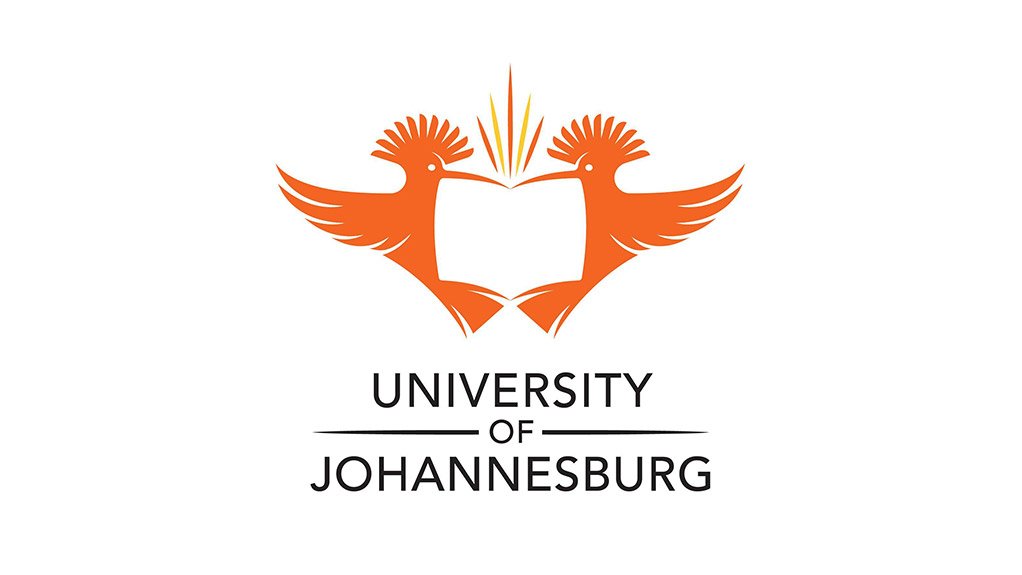UJ researchers discover promising anti-cancer drugs
A new family of very promising silver-based anti-cancer drugs has been discovered by researchers in South Africa.
Head of the Department of Biochemistry at the University of Johannesburg (UJ), Professor Marianne Cronjé, said on Wednesday that the most promising silver thiocyanate phosphine complex among these, called UJ3 for short, had been successfully tested in rats and in human cancer cells in the laboratory.
In the research published in Biometals Journal, Cronjé said the UJ3 has shown to be as effective against human esophageal cancer cells, as a widely-used chemotherapy drug in use today. Esophageal cancer cells are known to become resistant to current forms of chemotherapy.
"The UJ3 complex is as effective as the industry-standard drug Cisplatin in killing cancer cells in laboratory tests done on human breast cancer and melanoma, a very dangerous form of skin cancer, as well," Cronjé said.
"However, UJ3 requires a 10-times lower dose to kill cancer cells. It also focuses more narrowly on cancer cells, so that far fewer healthy cells are killed."
She said apart from needing a much lower dose than an industry standard, UJ3 is also much less toxic.
Head of the Department of Chemistry at the University of Johannesburg, Professor Reinout Meijboom added: "In rat studies, we see that up to 3 grams of UJ3 can be tolerated per 1 kilogram of bodyweight. This makes UJ3 and other silver phosphine complexes we have tested about as toxic as Vitamin C".
Meijboom said if UJ3 becomes a chemotherapy drug in future, the lower dose required, lower toxicity and greater focus on cancer cells will mean fewer side effects from cancer treatment.
"UJ3 appears to target the mitochondria, resulting in programmed cell death to kill cancer cells – a process called apoptosis. When a cancer cell dies by apoptosis, the result is a neat and tidy process where the dead cell’s remains are 'recycled', not contaminating healthy cells around them, and not inducing inflammation," Meijboom said.
"Certain existing chemotherapy drugs are designed to induce apoptosis, rather than “septic” cell death which is called necrosis, for this reason."
Meijboom said cancer cells grow much bigger and faster, and make copies of themselves much faster, than healthy cells do. In this way they create cancerous tumours. To do this, they need far more energy than healthy cells do.
Meijboom said the UJ3 targets this need for energy, by shutting down the “powerhouses” of a cancer cell, the mitochondria.”
"The complex then causes the release of the “executioner” protein, an enzyme called caspase-3, which goes to work to dismantle the cell’s command centre and structural supports, cutting it up for recycling in the last stages of apoptosis," Meijboom said.
He said that UJ3 complex and the others in the family were based on silver, making the starter materials for synthesising the complex far more economical than a number of industry-standard chemotherapy drugs based on platinum.
"These complexes can be synthesised with standard laboratory equipment, which shows good potential for large scale manufacture. The family of silver thiocyanate phosphine compounds is very large. We were very fortunate to test UJ3, with is unusually ‘flat’ chemical structure, early on in our exploration of this chemical family for cancer treatment," Meijboom said.
Research on UJ3 and other silver thiocyanate phosphine complexes at the university is ongoing.
Comments
Press Office
Announcements
What's On
Subscribe to improve your user experience...
Option 1 (equivalent of R125 a month):
Receive a weekly copy of Creamer Media's Engineering News & Mining Weekly magazine
(print copy for those in South Africa and e-magazine for those outside of South Africa)
Receive daily email newsletters
Access to full search results
Access archive of magazine back copies
Access to Projects in Progress
Access to ONE Research Report of your choice in PDF format
Option 2 (equivalent of R375 a month):
All benefits from Option 1
PLUS
Access to Creamer Media's Research Channel Africa for ALL Research Reports, in PDF format, on various industrial and mining sectors
including Electricity; Water; Energy Transition; Hydrogen; Roads, Rail and Ports; Coal; Gold; Platinum; Battery Metals; etc.
Already a subscriber?
Forgotten your password?
Receive weekly copy of Creamer Media's Engineering News & Mining Weekly magazine (print copy for those in South Africa and e-magazine for those outside of South Africa)
➕
Recieve daily email newsletters
➕
Access to full search results
➕
Access archive of magazine back copies
➕
Access to Projects in Progress
➕
Access to ONE Research Report of your choice in PDF format
RESEARCH CHANNEL AFRICA
R4500 (equivalent of R375 a month)
SUBSCRIBEAll benefits from Option 1
➕
Access to Creamer Media's Research Channel Africa for ALL Research Reports on various industrial and mining sectors, in PDF format, including on:
Electricity
➕
Water
➕
Energy Transition
➕
Hydrogen
➕
Roads, Rail and Ports
➕
Coal
➕
Gold
➕
Platinum
➕
Battery Metals
➕
etc.
Receive all benefits from Option 1 or Option 2 delivered to numerous people at your company
➕
Multiple User names and Passwords for simultaneous log-ins
➕
Intranet integration access to all in your organisation





















